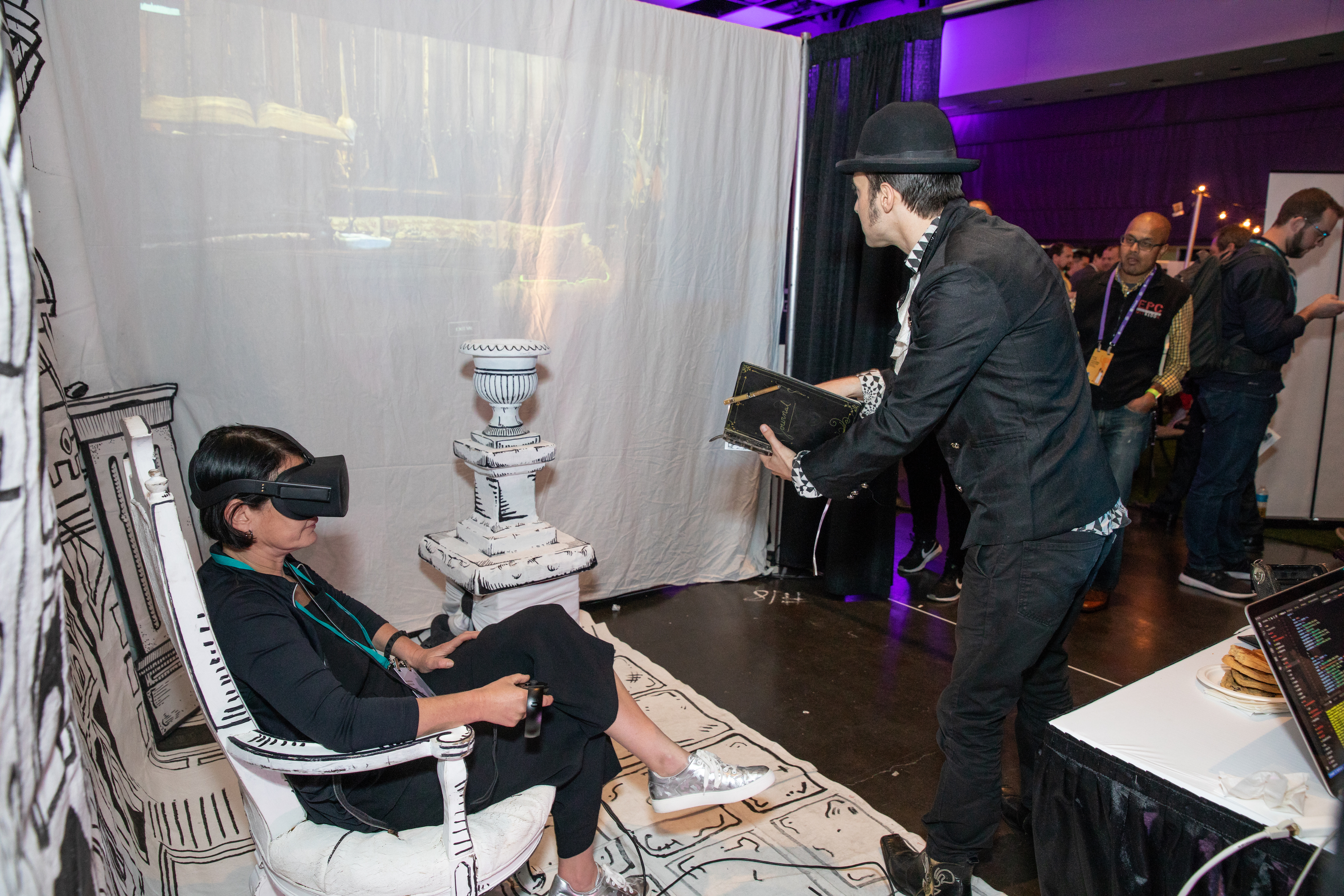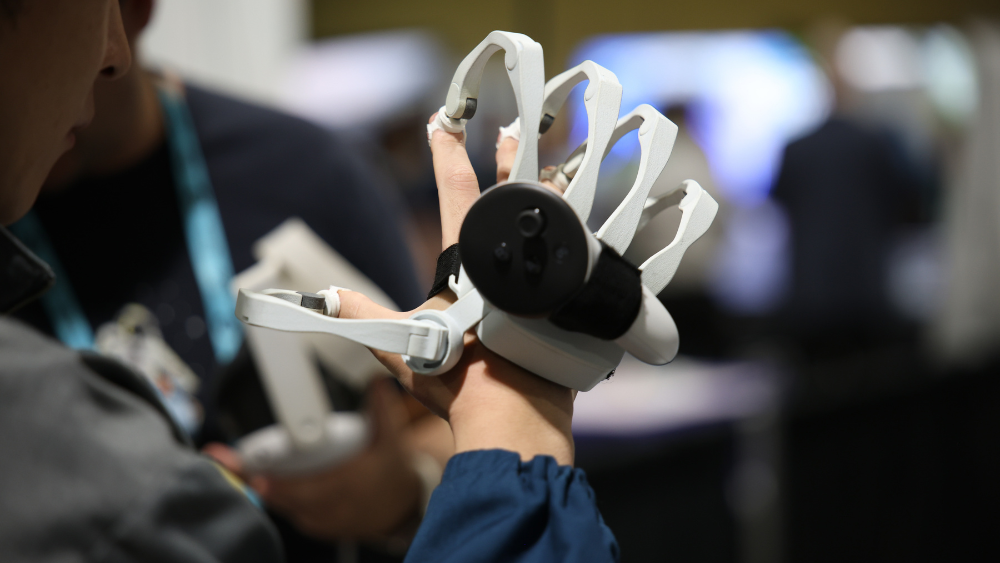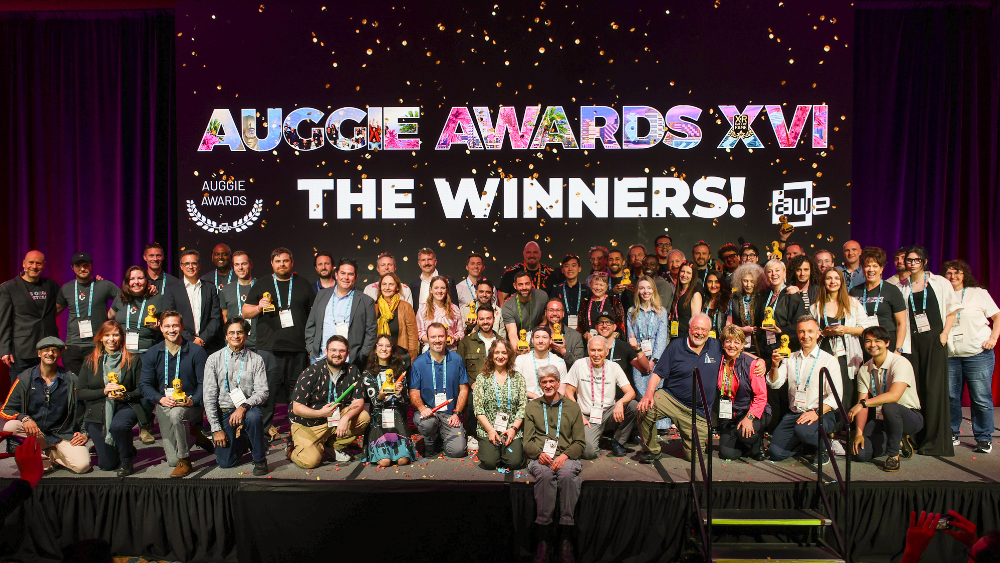You asked hundreds of great questions at AWE USA 2018! And though we didn’t have time to get to many of them during the packed program, I read all 598 questions and found that we as a community share many of the same concerns. Your questions revealed anxiety and even a little impatience around the ‘when’ ‘how’ and ‘where’ of XR—when will either AR or VR go mainstream, how do we make XR work, and where will immersive technology have the most immediate impact? You also showed remarkable acumen, pointing out significant challenges for XR. Below I’ve picked out some of the best questions from the AWE USA 2018 audience:
*
Market concerns
How do you see the role of AR/VR in emerging markets? Does it differ from developed markets?
Do you think developers should target the consumer market today, when many people still get sick from using VR?
When will there be a worldwide rise of early XR adopters?
What markets are under-represented in terms of XR startups? What startup needs to be created that doesn’t currently exist?
What’s missing in the enterprise AR tech landscape?
*
Viability
How do you design solutions that will survive the eventual consolidation among vendors in the XR space?
I can see the performance benefits of using AR in highly varying and complex tasks. Would more repetitive tasks also benefit?
Are you looking at AR/VR as a replacement experience or complementary experience?
When will XR in retail move from a novel experience to an expected experience?
Why should companies focus on WebXR? Because it removes the barrier of installing an app?
*
What’s the secret sauce?
What’s the one thing we can all take back to our companies next week to help with AR ‘stickiness?’
What is the real-world consumer app that will drive people to wear any AR hardware?
What are 3 things that must be true for consumers to adopt AR wearables?
Which specific hardware characteristics or features are highest on the wish list for AR users?
*
Practical questions
Do you find that users are willing to give up the ability to feel/touch clothes they would normally try on for the sake of convenience?
What do you think is an optimum duration for a VR film, assuming HMDs get better and lighter in the coming years?
For how long can operators wear HoloLens without fatigue?
Could a bug in the AR technology result in a manufacturing error?
For different use cases, do you expect workers will share one AR device or each employee will have his/her own?
Thoughts around form factor and adoption? Any stigma around looking like hearing aids? (AR hearables)
*
Content, content, content
How do you digitize tribal knowledge?
How resource-intensive is it to create content for custom industrial applications?
Is it better to create 3D models from physical products (ex. scanning, photogrammetry) or to source from manufacturer CAD files?
How should an enterprise effectively scale 3D asset generation?
How do you port 3D (CAD) data into AR? How long does it take? Do you have to redraw everything in 3D?
What does the learning curve look like for a technician with CAD experience to start annotating content with AR?
How should a large retailer who is late to XR scale 3D product models quickly?
*
Profitability
Can you share any ROI figures?
Are the many home decor visualization products (IKEA Place, Houzz, etc.) actually working/selling?
How does the impression revenue of AR ads compare to standard video ads?
*
Multisensory experiences
Humans can feel the wind on their skin, the brush of a strand of hair or a grain of sand in their shoe. How far are we from that degree of fidelity?
Is there a way to use haptics to create safer training scenarios for high-risk jobs?
Painful lessons are long remembered. Are there plans to use haptics to allow users to experience (potentially helpful) pain?
*
Privacy and security
As a consumer, how can we remain in control of content and prevent information overload? What is your view on filtering or selecting content?
Have you seen any movement around a rating system for the unique aspects of immersive media, i.e. degree of invasion of personal space, induced imminent threat, etc.?
XR companies will become the largest data aggregators in history. How will companies cope with this surveillance power?
How do we gather our information security requirements collectively with the hardware/software development community?
Are there regions of the world where social VR might not be allowed (like where Facebook has been banned)?
*
Storytelling
How should storytelling in VR be different from traditional storytelling?
When it comes to building teams to craft XR experiences, what skills or background do you look for in someone to fill the storyteller role?
Most AR stories today are room-scale. Is there potential for large-scale AR storytelling, like mixing virtual objects with a whole forest?
*
Using XR for Good
How many people are actually interested in AR as a technology that will make lives better or is everyone hoping this is a lottery ticket?
Why does everybody just talk about savings? Does XR have any other objective besides savings?
What can be done to minimize biases in XR?
Could VR be used to reintegrate combatants and maybe mitigate the mental health crisis plaguing our veterans?
How do you proliferate AR into schools in developing nations where access to these experiences would be of huge value?
*
Higher education
What about options for use in non-trades education like undergraduate academic education (anthropology, physics, etc.)?
This is great for elementary schools. What about higher education? Have there been any success stories there?
Have you applied your technology to educational text books?
Since money is being cut for arts programs in so many school districts, where will the money come from to pay for the tech/training to give students VR tools?
How do we convince school districts to invest in XR hardware on a large scale?
*
Big picture
Wouldn’t it be great if the whole industry would just collaborate on one perfect solution?



